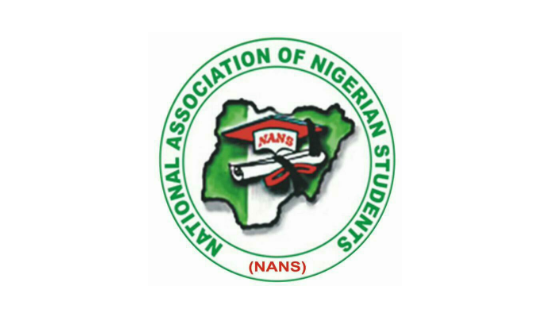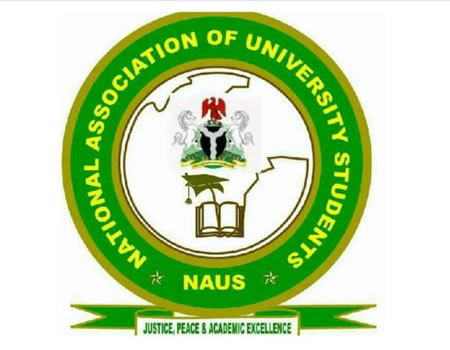ABU needs N3.6 billion to power university, says academic staff


Workers at Ahmadu Bello University in Zaria have expressed concern that the tariff hike approval by Nigerian Electricity Regulatory Commission (NERC) for Band A consumers may worsen the power situation.
They said that ABU and most universities are unable to afford the tariff because of “underfunding”.
Their concerns were expressed in an open letter to President Bola Tinubu, signed by Muhammed Muttaka Usman for 39 others.
According to them, ABU requires N3.6 billion (N300 million each month) for an annual bill of N206 per kWh for Band A.
They stated that the financial implications are too great for a university that needs seven megawatts in addition to other monthly energy expenses.
If N3.6 billion were given to 50,000 students, municipal expenses would increase by 500 per cent, they explained, adding no student can cope with such rise in municipal charges.
Besides, they said the tariff hike will negate the position of government on the matter.
The letter reads: “We, the academic staff of Ahmadu Bello University (ABU), Zaria, wish to complain about the debilitating energy crisis bedevilling the university – given the centrality of electricity supply to university operations and seek your intervention for its resolution.
“We take this action out of conviction that as President and Visitor to the university, youare in a position to mediate over the matter, especially because the crisis aggravated with the high increase in electricity tariff, which ABU, and other public universities cannot afford due to weak financial position resulting from chronic underfunding.
“We also seek your intervention because even where hard economic realities dictate recourse to commercialisation of utilities, educational institutions should be safeguarded from the burden of meeting market-induced pricing, especially where their capacity is constrained.
“As educational institutions, universities should be shielded from extremities of commercialisation.
“ABU is a first-generation varsity established by Law (Cap A. 14 of the Federal Laws; The Universities Miscellaneous Provisions (Amendment) Act 2003).
“History and Nigerian people will bear witness that for over 60 years, ABU has served as major organic driver and facilitator of national development through production of quality and functional knowledge with sound moral content and the generation of skilled manpower… The university also attained prominence through its strong support of liberation struggles in Africa and beyond.
“You are aware, Sir, that higher education is the backbone of the modern nation state and the marker of its performance, achievements, cultural standards, civilisation and prestige it commands amongnations.
“It was Adam Smith who said the true wealth of a nation is not gold or silver or a positive balance of trade, but rather its human capital in form of skills, knowledge and creativity. In today’s knowledge-based world, Ahmadu Bello University, as other universities, can exist, function, and execute its mandate only if basic infrastructure for teaching, learning and research, including ICT-based substructure, quality manpower, unrestricted energy supply, and high-level funding, are in place. For a developing nation yet to build a solid industrial base, the university is a national resource that requires the priority attention of the government.
“As an experienced public figure, you know that in the knowledge, science and technology-driven world, acquisition of education is the minimal condition for survival. Provision of basic needs or creating conditions that enable citizens meet their needs is a responsibility of government, a sign of good governance and for developing nations a sine qua non of governance.
“Yet, it is common knowledge that the economics of education financing is unique, because it is not directly subject to the laws of supply and demand. Researches here in ABU, as elsewhere, have established the truism that higher education is very expensive in its capital requirements, and exceptionally so in its recurrent expenditure, though slow, but sure, in yielding returns.”










